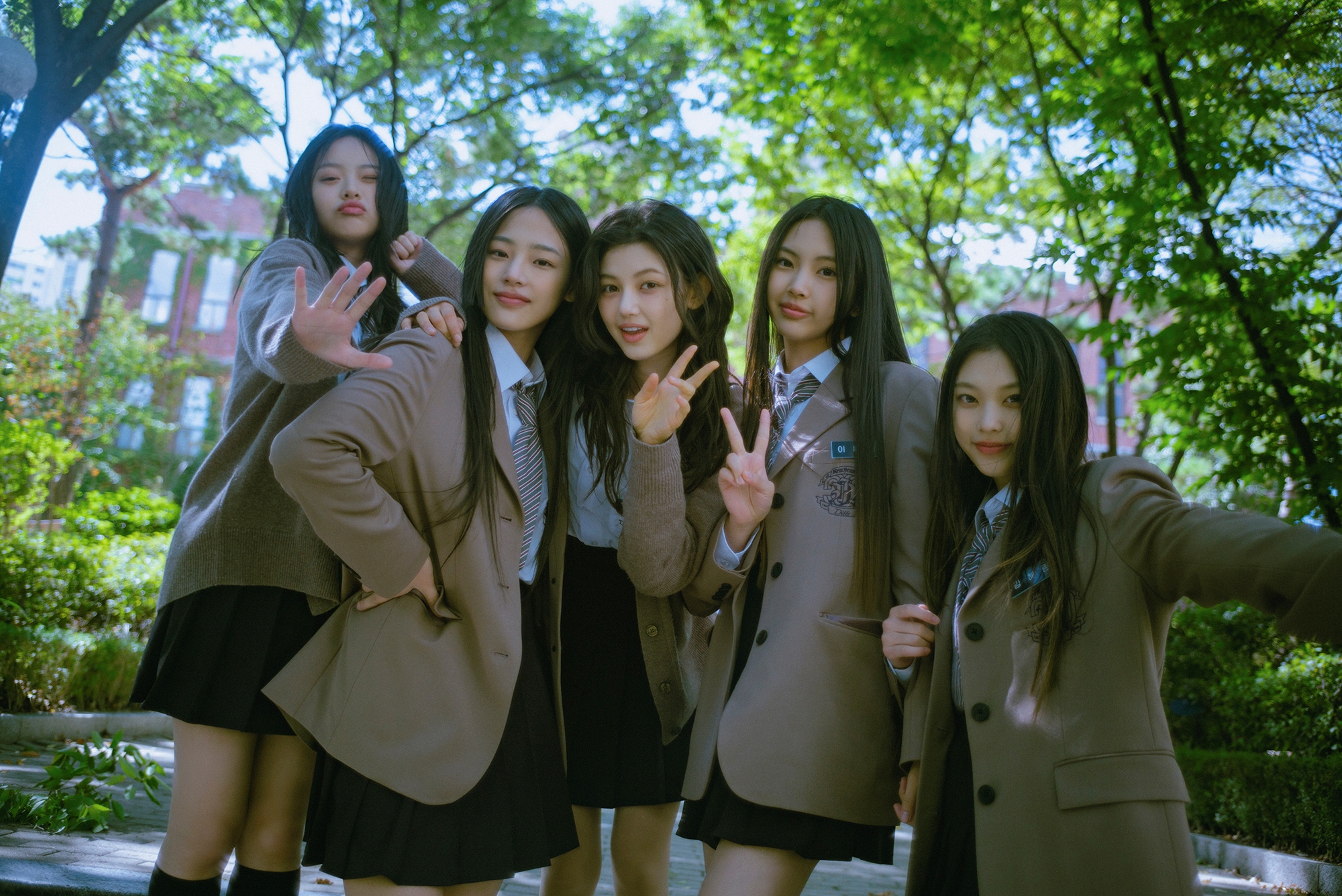
K-pop fandom culture—known for its unmatched loyalty and collective power—just ran into a harsh reality check this week. A minor fan of NewJeans, one of South Korea’s hottest girl groups, has been referred to juvenile court after organizing an unauthorized fundraising campaign to combat online hate targeting the group.
According to the Seoul Northern District Prosecutors’ Office, the young fan—identified as part of the online collective Team Bunnies—was sent to the juvenile division of Seoul Family Court in July for allegedly violating South Korea’s fundraising laws.
The case centers on a legal technicality that most fans probably never think about. In South Korea, anyone raising over 10 million KRW (around $7,000) must register the fundraising effort with local authorities before collecting money. It’s a safeguard meant to ensure transparency and prevent misuse of funds. Violating the rule can result in up to three years in prison or fines of up to 30 million KRW (around $21,000).

But the intentions behind the campaign weren’t malicious. Team Bunnies was formed by devoted fans who wanted to protect NewJeans from defamatory posts and misinformation that spread online amid tensions involving their label, ADOR, and its parent company. As online criticism intensified, the group’s supporters launched a campaign on October 21, encouraging fellow fans to donate and fund efforts to counter the negative narratives—essentially trying to “fight fire with facts.”
The campaign gained momentum quickly. Within weeks, Team Bunnies announced they had collected more than 50 million KRW (roughly $34,900)—well past the legal threshold. However, since the organizer was underage and failed to file the proper paperwork, prosecutors intervened. Instead of treating it as a full-blown criminal case, officials opted for juvenile proceedings, citing the fan’s age and lack of intent to commit fraud.
The story has sparked widespread debate online, not just in Korea but among international K-pop fans as well. Many sympathize with the minor, arguing that the system should better account for good intentions, while others stress the importance of legal literacy in fandom communities that now wield significant financial and social influence.
The case underscores a growing tension within K-pop culture—where fans, once merely supporters, have become powerful stakeholders in shaping public perception. And as fandoms grow more organized, the NewJeans incident serves as a wake-up call: even passion needs to play by the rules.










